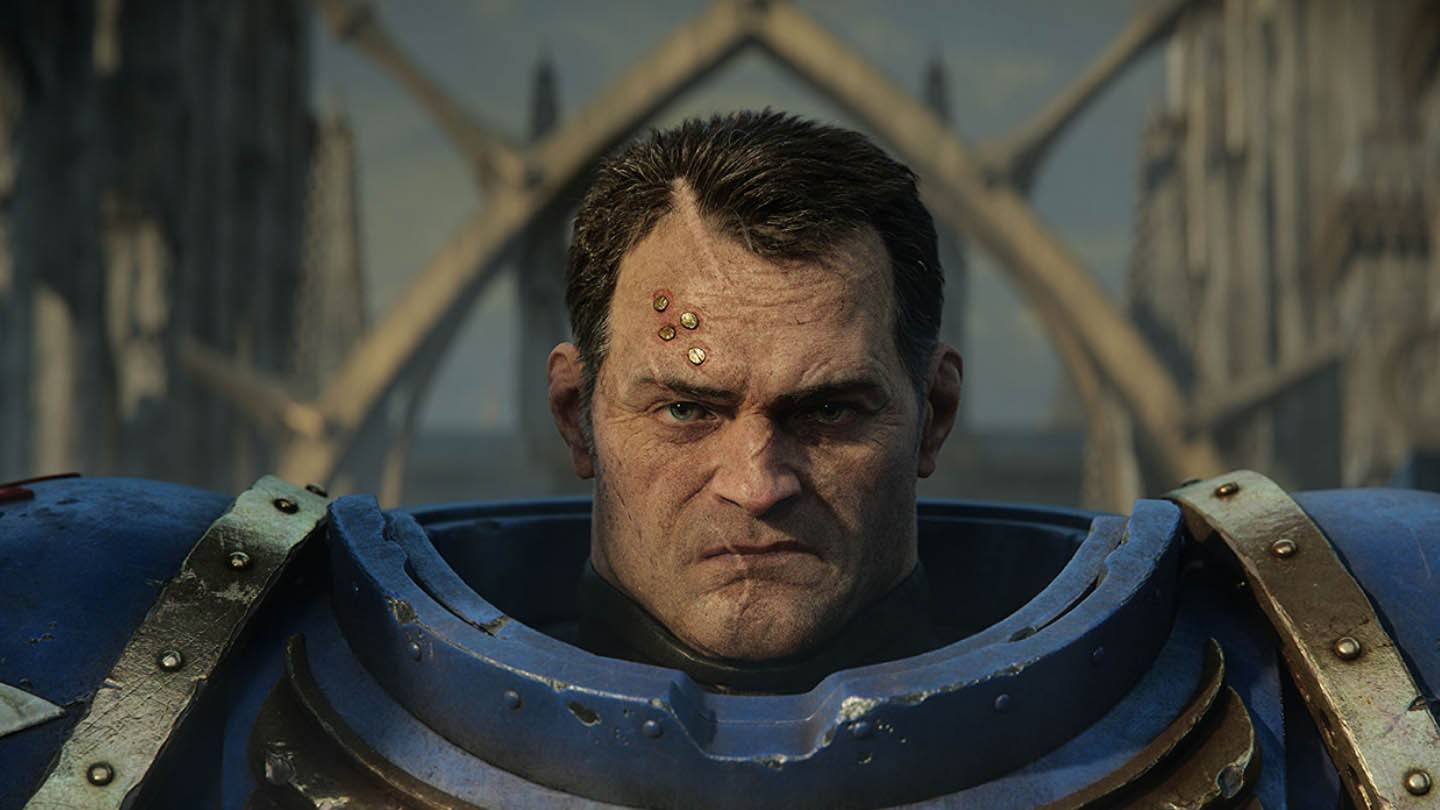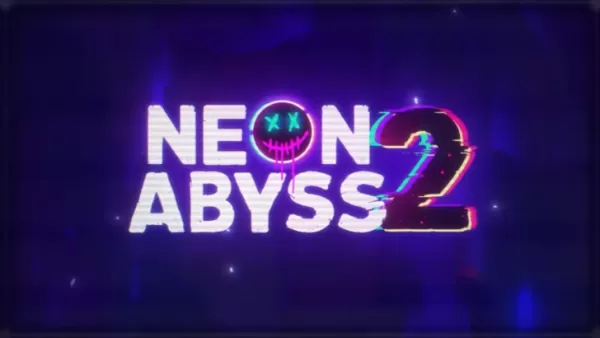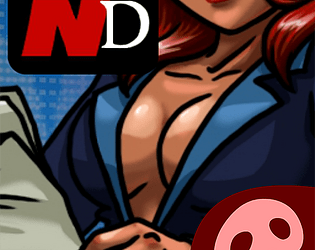
Recently, Matthew Karch, the head of Saber Interactive, shared his perspective on the future trajectory of the gaming industry. He believes that the era of high-budget AAA games, costing between $200 and $400 million, is drawing to a close. Karch argues that such massive expenditures are neither necessary nor appropriate for the industry's health. He went on to suggest that these exorbitant budgets have been a significant factor contributing to mass layoffs within the sector.
The term "AAA" itself is increasingly seen as outdated and irrelevant by game developers. Originally, it denoted projects characterized by large budgets, high quality, and minimal risk of failure. Today, however, it's often linked to a race for profits that may compromise quality and innovation. Charles Cecil, co-founder of Revolution Studios, echoed this sentiment, labeling the term "silly and meaningless." He pointed out that the industry's shift toward large investments by major publishers has not been beneficial. Cecil remarked, "It's a meaningless and silly term. It's a holdover from a period when things were changing, but not in a positive way."
A prime example of the misuse of the term is Ubisoft's "Skull and Bones," which the company boldly labeled a "AAAA game." This instance underscores the shift in the industry's priorities and the evolving perception of what constitutes a top-tier game.






![Chubby Story [v1.4.2] (Localizations)](https://images.737c.com/uploads/85/1719638042667f981a5e9f8.jpg)

